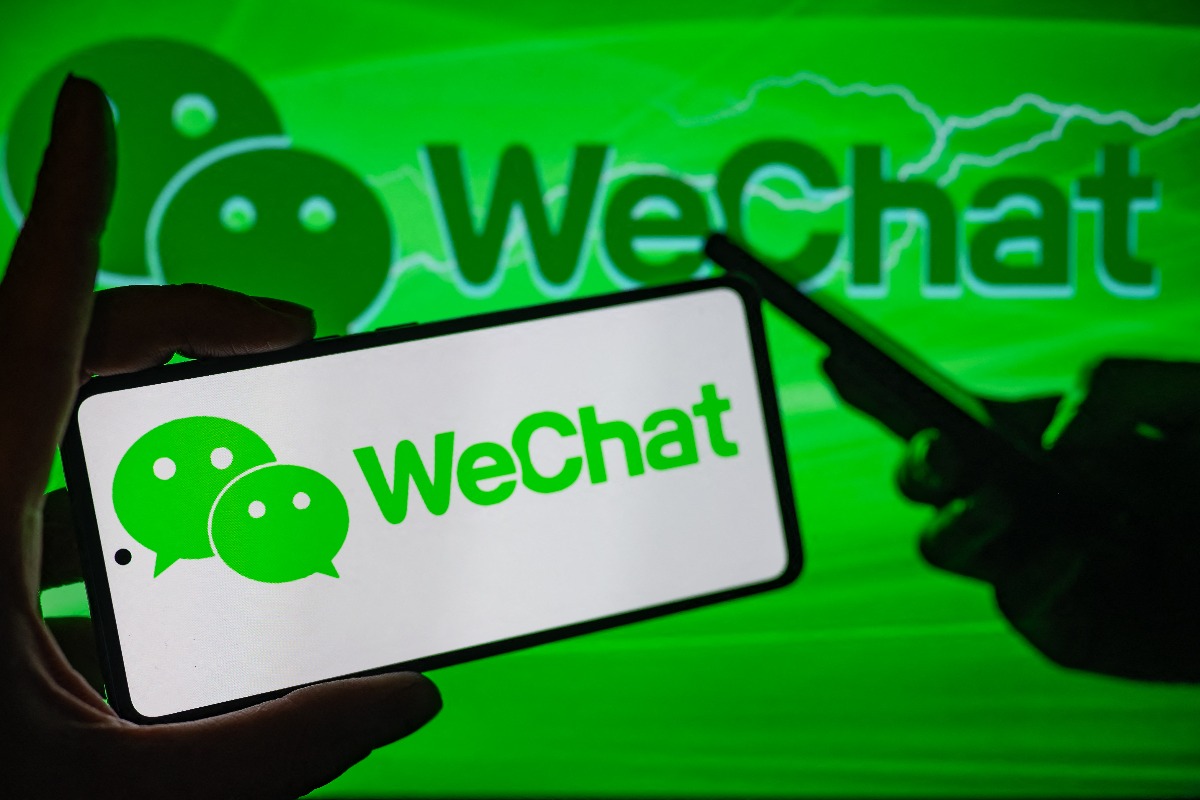"Do you know anyone who doesn't have WeChat?" - I ask several people during my visits to China. After some thought, the answer is always the same: no one. "Maybe the very old. But my grandmother is over 80 and she uses it. True, we downloaded it and we help her," explains a girl from Beijing.
What is WeChat anyway? It's much more than "Facebook in China". As the apt Lord of the Rings simile is sometimes used to describe it, it's "an app to rule them all". It's social media, messaging, digital wallet, video and photo sharing, online dining, ticket office, GPS, gaming platform, and the list goes on. So the question is: what is the app not doing?
WeChat was launched in 2011 and was far from the first of its kind. But since then, it has grown at a breathtaking pace, tripling its monthly users in 2018 from 336 million ten years ago, and surpassing 1.3 billion by the end of last year. Few have been able to achieve such a feat. By comparison, it took Facebook eight years, Instagram eleven and YouTube fourteen to reach the one billion milestone. But there is one important difference: unlike apps in the West, WeChat has only started to expand abroad in recent years, and has so far mainly conquered China.
The coronavirus epidemic has given a new impetus to the country's already booming digitalisation, making life without WeChat almost unthinkable. It's just as well that everyone communicates on it. But it has also become an indispensable tool for everyday life. What does this mean in practice? For example, at Luckin Coffee, a local competitor to Starbucks in Changsha, I can't even buy a coffee without an app, even if I show them what I want. Not an isolated experience: at Beijing's Guan's Chicken Wings BBQ restaurant, a QR code points to the online menu and the phone takes the order instead of the waiter.
But the phenomenon is far from being confined to the most sophisticated companies: you can also pay by WeChat at the corner fruit vendor. But the most shocking experience is in the city of Maotai. The town is famous far and wide for its brandy, which is priced in gold, with a half-litre bottle fetching up to 2,500-3,000 yuan. Its recipe is a secret, but one thing is known: one of the essential ingredients is the crystal-clear water of the Chishui River (meaning red water). The two sides of the river, which bisects the Maotai, are linked by an ornate footbridge, popular with tourists, with a beggar at the end. His blind eyes stare greyly into space, both hands are missing, but he holds a microphone to his mouth with his stumps, his words echoing through tiny speakers. In front of him is a hat with a few banknotes in a pointer. But passers-by don't typically throw their handouts into it. Here, the beggar is already begging on WeChat, with the QR code of his digital wallet displayed around him, which you can scan with your phone and then enter the amount you want to donate.
The app is also available to foreigners and is essential for a comfortable visit. However, it is still cumbersome to set up, for example, it requires confirmation from an existing user and a multi-step authentication process to assign a bank card. But the app's biggest advantage is not its endless toolset, but that it's the easiest way to make friends in China. "Are you really on WeChat?" - the locals' eyes always light up and they reach for their phones.
The author is a foreign policy journalist


